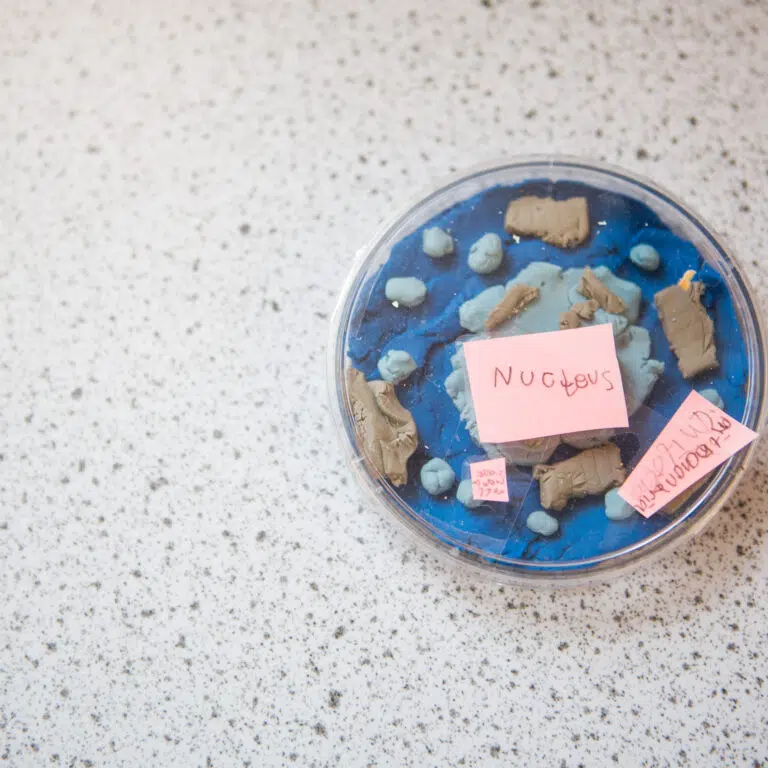
AHS Headteacher, Rory Vokes-Dudgeon, on the benefits of a specialist provision for neurodiverse students.
Why choose a specialist provision?
Abingdon House School is an independent specialist provision for children ages 8-19. We often hear from parents exploring special needs education options for their children, who are at varying stages in their educational journey. Whether you’re just starting to consider a specialist school or are already committed, many parents and carers share similar questions about whether it’s the right choice or if they should continue with mainstream education.
What are the benefits of specialist provisions?
Specialist provisions offer a highly personalised learning experience in a small, supportive setting. Education is tailored to meet each student’s specific needs. Most specialist schools work holistically to support a child’s academic progress, behaviour, mental health and well-being, alongside any therapeutic needs. Multidisciplinary teams help remove barriers to learning, increase access to the curriculum, and facilitate higher rates of progress. For some students, specialist provisions may serve as a short-term intervention that enhances their ability to return to mainstream education with greater confidence and skills.
Won’t my child benefit from being around neurotypical children at school?
While social modelling can be helpful for some children, it is often implicit and may not be effective for every learner. Specialist provisions offer a structured, explicit approach to teaching regulation, behaviours and social skills, facilitated by trained professionals in a nurturing environment. This approach, when used appropriately, can help students make significant progress compared to a mainstream setting, where behavioural learning relies more on observation alone.
At AHS, speech and language therapists support students’ understanding of social situations through social stories, comic strip conversations, video self modelling and role play to develop their understanding and ability to respond positively to all situations. Occupational therapists create individualised regulation tool boxes and support students to be independent when identifying and implementing these so that they can remain calm and make healthy, safe decisions.
What age is best to begin a specialist provision?
Research shows that early intervention yields the most significant impact for children requiring additional support. The earlier a child can access therapeutic and specialised educational interventions, the faster and more meaningful their progress and overall well-being are likely to be.
Which specialist provision is right for my child?
Choosing the right specialist provision depends on your child’s unique needs and what’s available in your area. In cities like London, there are various specialist provisions designed to serve specific student profiles – for example, at AHS, we cater for pupils with diagnoses of autism spectrum condition, specific learning difficulties such as dyslexia and dyspraxia, ADHD, social communication difficulties, and other associated needs. In rural areas, specialist schools may serve a broader range of needs, but the resources should still match the student body they support.
To identify the right provision, it’s essential to understand your child’s specific requirements. This can often be determined through assessments from professionals such as educational psychologists, speech and language therapists, and occupational therapists, or by pursuing an Education, Health, and Care Plan (EHCP) through your local authority. Once you have a clear understanding of your child’s needs, look for a school that has the staff, resources, and interventions to fully support their access to the curriculum.
How do I find the right specialist provision?
Every child has the right to an education that meets their needs. Local authorities typically have teams dedicated to helping families find suitable placements, though it’s important to note that state-provided options may not always meet every child’s unique requirements. If that’s the case, parents have the option to consider independent specialist provisions, which may be outside the local area.
Educational consultants can assist in this search, and if an independent specialist provision would best suit the needs of your child, educational solicitors and advocates may help in securing funding if it’s deemed appropriate and necessary.


